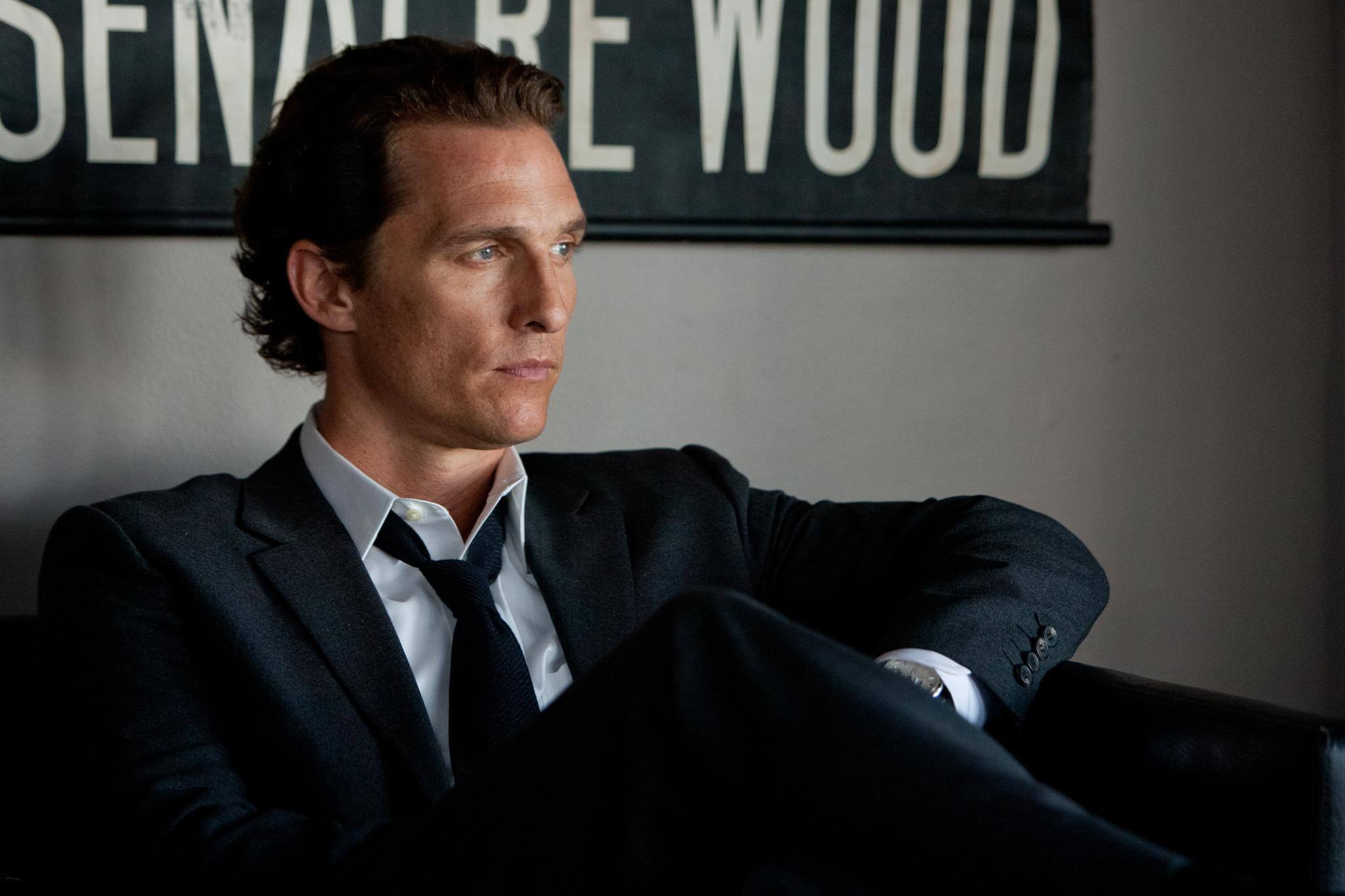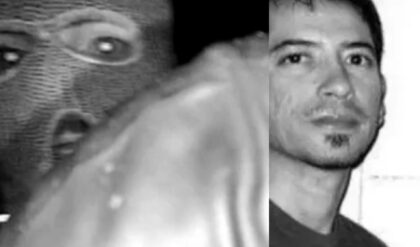Matthew McConaughey is one actor who is known best for some of the biggest movies and shows, bringing to life characters that are loved by many. From working with Christopher Nolan to being an Oscar-winning actor, there is not much he cannot achieve. He is an iconic actor with iconic roles. One of which stands as Rustin Cohle in True Detective.

Matthew McConaughey
One of his most interesting and well-known roles is one that McConaughey prides himself on as well. However, it is not the same opinion as that of Nic Pizzolatto, the creator of True Detective. He believes Rustin Cohle to be the exact opposite of what fans perceived. According to him, Cohle is far from nihilistic.
Matthew McConaughey’s Character Differs from His Beliefs
Matthew McConaughey‘s character in True Detective is often seen as a nihilistic person because of the things he would often say. However, according to Nic Pizzolatto (via /Film), that is far from how he sees his character.

Matthew McConaughey
“Anytime somebody called Cohle a nihilist, I was always like, ‘What do you think a nihilist is?’ Because far from nothing meaning anything to Cohle, if anything, the world seemed overwrought with meaning to Cohle and for an nihilist, he sure does care about doing the right thing and serving justice.”
His need to be just and his strong sense of morals made Rustin Cohle far from a character who walked the path of nihility. In fact, he may have said a lot of things but he meant naught of many of them. It is McConaughey’s powerful acting that makes people forget the fact that Rust Cohle is living a facade to hide his true personality.
Nic Pizzolatto Thinks of Rustin Cohle as an Edgy College Freshman
Despite the fame Matthew McConaughey’s character attracted, Nic Pizzolatto, the creator of the series never saw him as anything but some freshman in a college dorm room. He could not understand why there were so many people who were following Cohle’s character.

Matthew McConaughey
“So there were always these contradictions in him. And I always thought it was a real bummer that certain faction of people who thought, ‘This guy is laying down truth,’” he continued. “I was always like, ‘Well, if you’ve ever been in a freshman dorm room, you might hear the same sorts of stuff.’”
He always saw him as someone who kept saying the same things again and again. As if he was someone who could not understand half the things he was saying.


